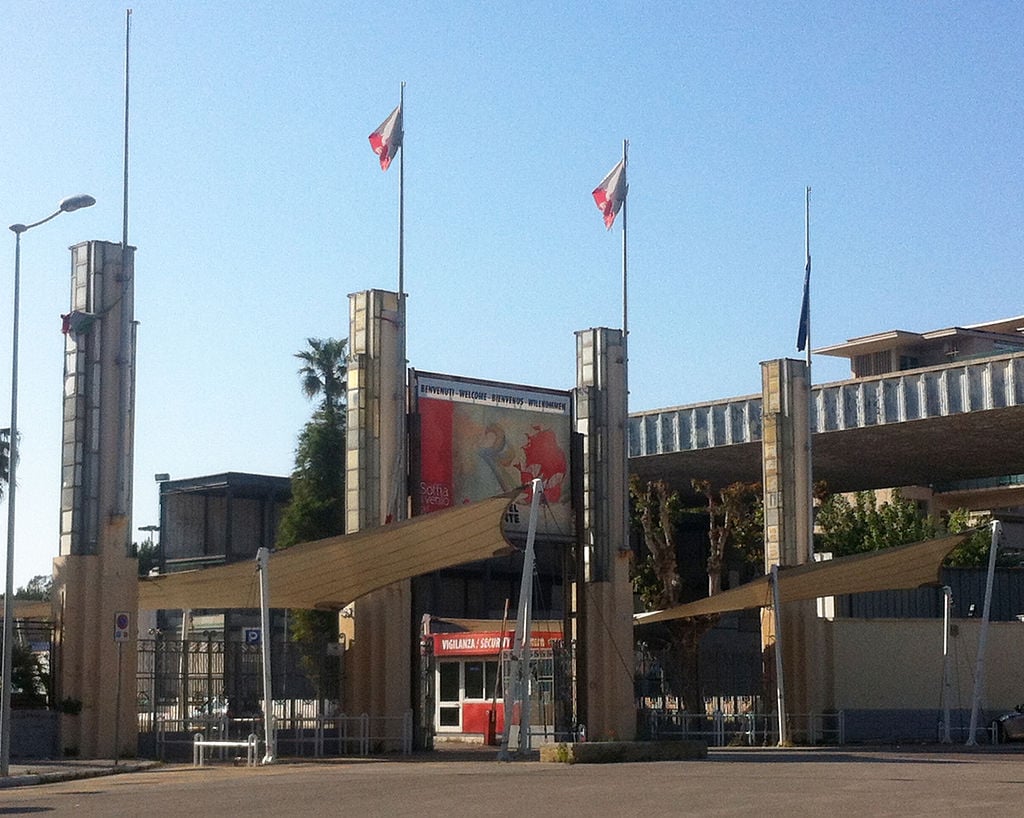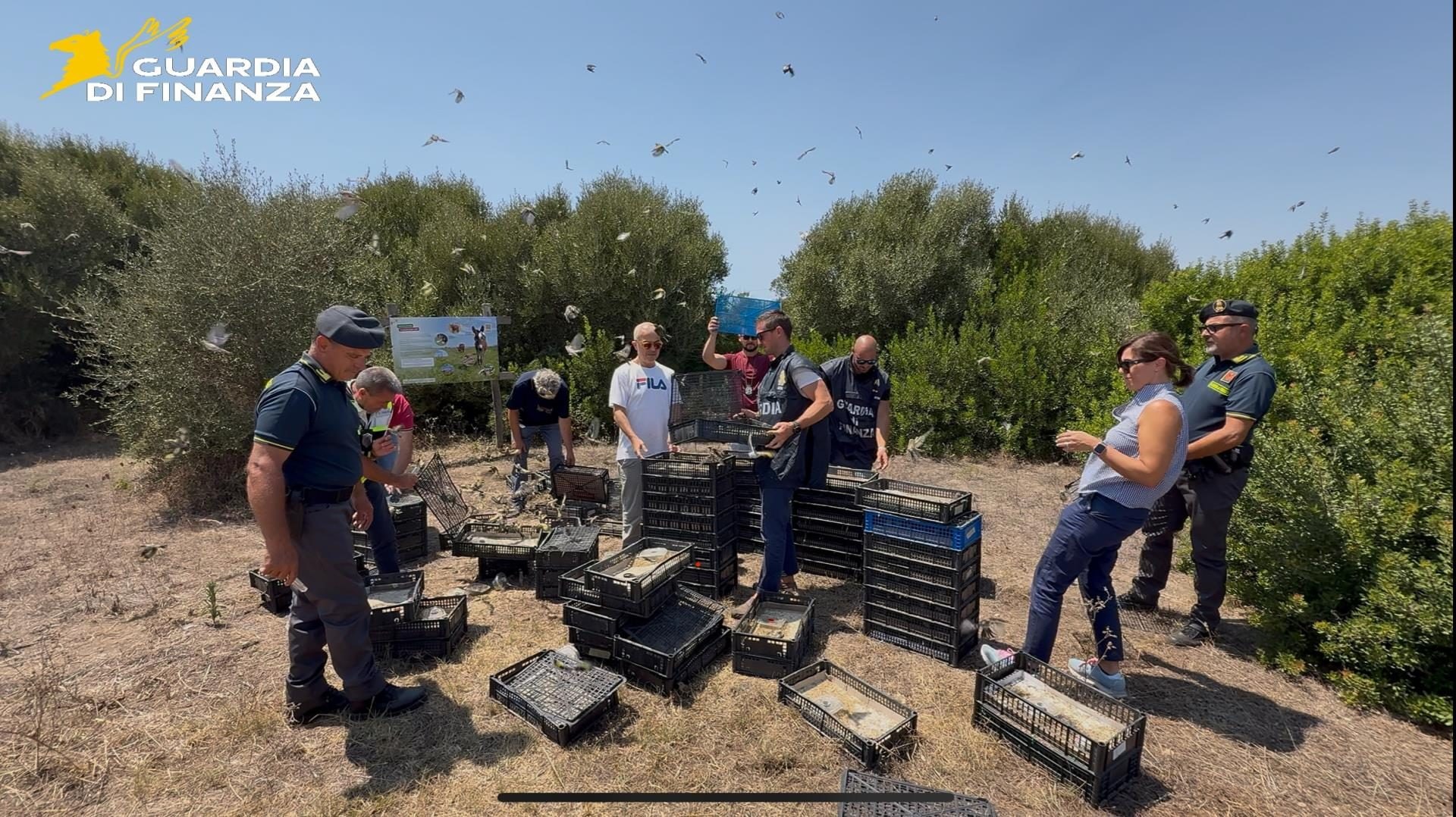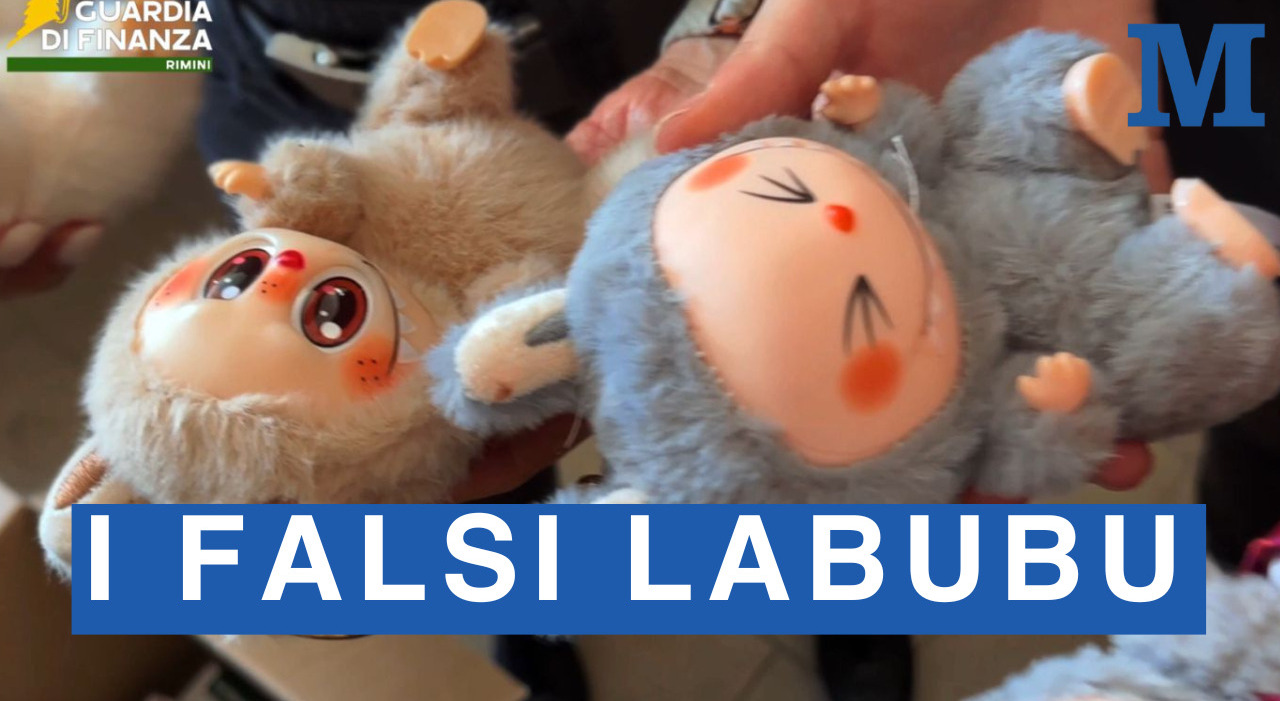Bari Trade Fair Boycott: A Counterproductive Stance on Israel by the PD?

The recent decision by the Bari (Bari) city council, led by the Partito Democratico (PD), to exclude Israeli companies from the upcoming trade fair has sparked considerable debate and criticism. While proponents argue it’s a symbolic gesture of solidarity with Palestinians, a closer examination reveals a performative act that fails to address the complex realities of the Israeli-Palestinian conflict and may even hinder progress towards a peaceful resolution.
The core argument against the boycott is simple: it achieves nothing tangible. Excluding Israeli businesses doesn’t advance the cause of peace. It won't provide food for children in Gaza, nor does it bring diplomatic negotiations any closer. It’s a symbolic act, divorced from practical solutions and real-world impact. True progress requires genuine dialogue, engagement, and a willingness to understand opposing perspectives – something a blanket boycott actively discourages.
Furthermore, critics question the PD's motives, suggesting the decision is less about genuine concern for the Palestinian people and more about bolstering the self-image of local administrators. The optics of appearing as champions of human rights are undoubtedly appealing, especially for a party grappling with local governance challenges – potholes, bureaucratic inefficiencies, and the ever-present struggles of everyday municipal administration. It's easy to champion a symbolic cause on the international stage while neglecting the more mundane but crucial tasks of running a city effectively.
The situation highlights a broader trend: the increasing tendency to prioritize symbolic gestures over substantive action in foreign policy. While raising awareness about the plight of Palestinians is important, it shouldn't come at the expense of pragmatic solutions and constructive engagement. Boycotts, particularly those targeting businesses, often punish innocent individuals and can exacerbate tensions without achieving their intended goals.
Instead of resorting to symbolic acts, the PD and other political actors should focus on supporting initiatives that promote dialogue, economic development, and humanitarian aid in the region. Investing in education, fostering cross-cultural understanding, and advocating for a two-state solution based on international law are far more effective ways to contribute to a lasting peace. The current approach, sadly, appears to be a distraction from the real work that needs to be done.
Ultimately, the Bari boycott serves as a cautionary tale – a reminder that good intentions are not enough. Effective foreign policy requires a nuanced understanding of complex issues, a commitment to pragmatic solutions, and a willingness to engage with all stakeholders, even those with whom we disagree. A trade fair boycott, while perhaps satisfying to some, falls far short of these standards.





